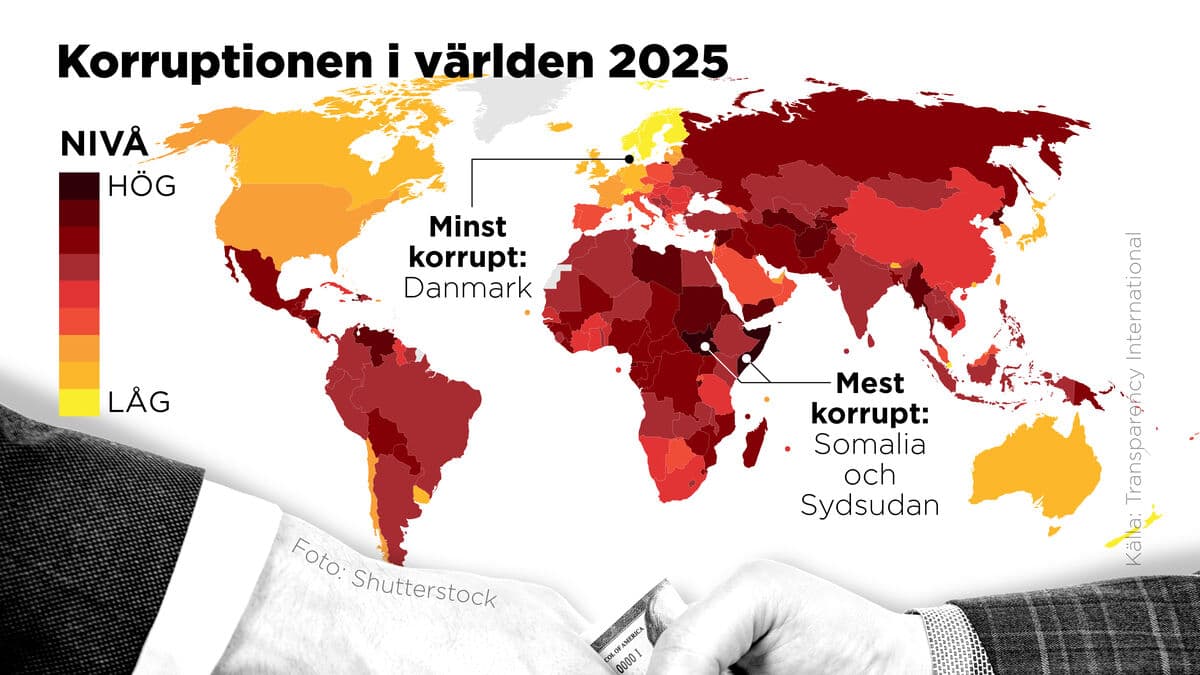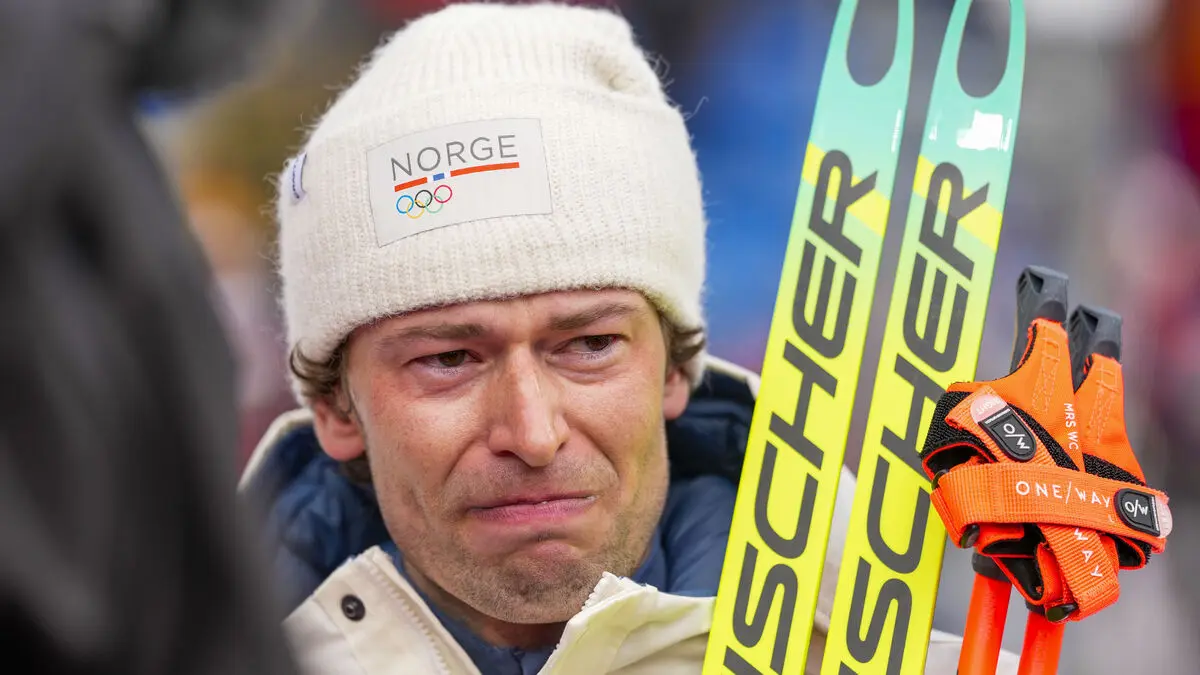In the press release from Wada, it appears that the anti-doping organization does not accept the international tennis federation's assessment that "no guilt or negligence" occurred in the doping case involving world number one Jannik Sinner.
Wada also writes that it recommends a suspension of between one and two years, but not that it believes Sinner's previous results or wins should be taken away from the Italian.
The Italian, who is playing in Beijing this week, commented on the news after his win against Russian Roman Safiullin:
We can't control everything. Clearly, I'm disappointed and surprised, he says.
The news means that the doping story is now taking another turn after it seemed like the case was closed and the Italian star had recently won the US Open.
Tested positive
The background is that Sinner has tested positive for doping on two occasions. The explanation would then have been that he had ingested the anabolic steroid clostebol when his physiotherapist – who had injured his finger and used a cream – massaged him. This was the same type of steroid that cross-country skiing star Therese Johaug tested positive for and was subsequently banned for.
Tennis's testing organization chose to believe Sinner's version and acquitted the Italian, which sparked strong criticism from other tennis players, such as Australian Nick Kyrgios.
Even one of Sinner's biggest current competitors, Serbian Novak Djokovic, was critical in connection with the US Open and pointed out that several other players had been in the same situation but were judged differently.
To take over the baton
Historically, tennis has also had a number of doping cases where the penalties and suspensions have been shortened. For the tennis organization ATP, Jannik Sinner is also seen as one of the players who will now take over the baton as one of tennis's fixed stars when Roger Federer retires and Rafael Nadal is expected to follow the same path.






